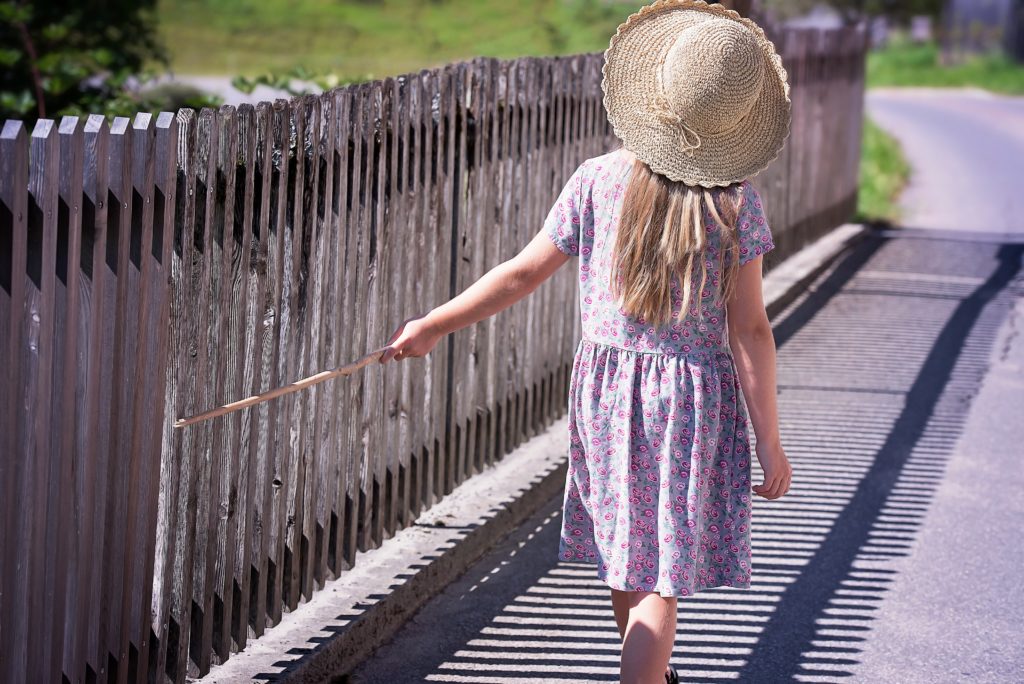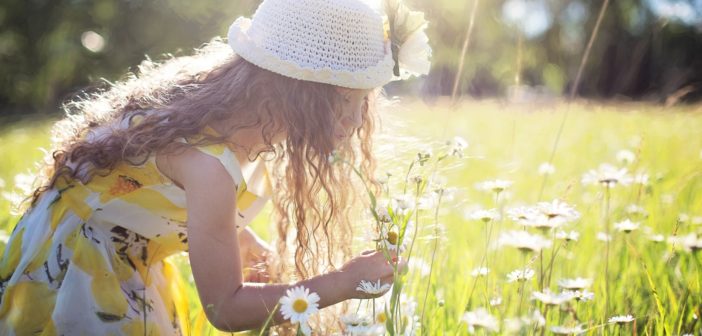Remember how endless those long, hot summers were, with visits to your grandparents’
house and all the kids patrolling the neighbourhood on their bikes until dinner time?
Over 400 Twitter users do: those are some of the things they recalled when asked, “What
was a part of your childhood that you now recognise was a privilege to have or experience?”
The question was asked by writer Morgan Jerkins, and it reveals something poignant about
how childhoods are evolving all over the world. The fact is, those things we valued about
our own childhoods are mostly experiences our children are unlikely to ever know.
What people showed most nostalgia for was a youthful sense of independence, connection,
and creativity, that kids with their faces firmly lodged in iPads don’t understand.
The yearning for a different time came in four main categories:
1. Risk taking
Many Twitter users said they enjoyed freedom when they were young, that their own
children don’t have now.
“Riding my bike at all hours of the day into the evening throughout many neighbourhoods
without being stopped or asked what I was doing there,” recalled one respondent.
Another said she was grateful for “summer days and nights spent riding bikes anywhere and
everywhere with friends, only needing to come home when the streetlights came on”.
A third said she enjoyed “a peaceful, free-range childhood”.
Children in Australia and around the world have much less independence and freedom than
we did as children. As we become more aware of potential dangers to children, parents
have become more protective.
This can be a problem for children, with psychologists suggesting children have too much
structure to their lives now, robbing them of their creativity and ability to learn from their
mistakes and entertain themselves.
2. Spending time with family
People on Twitter also reminisced about spending time with their parents – at dinner, on
holidays and on weekends – and talked about having meaningful relationships with their
immediate family and with grandparents.
One Twitter user said, “My paternal grandparents were my daycare and their house in the
country was my playground,”
“My Italian grandparents lived on a street with a slew of their brothers and sisters,” wrote
another. “Nobody had any money. Everyone’s doors were open all day. Coffee always on,
something on the stove. Endless stories and laughter. The happiest world.”
 Recreational time with family is something else that has eroded over the past generation or
Recreational time with family is something else that has eroded over the past generation or
so, with grandparents increasingly needing to work into their old age, and so having less
opportunity to spend with their grandchildren. Family dinners and weekends spent together
as a family unit are also disappearing, with a recent Pew survey finding that 36 per cent of
parents feeling that they don’t spend enough time with their kids.
3. Reading
We know reading is great for children. It helps them to become literate, as well as better at
maths and more academically successful in general. It’s no surprise, then, that Twitter users
felt nostalgic about the amount of reading they did as children.
“Books. Hundreds and thousands of them moving through our house – from libraries,
bookstores, passed from friends and co-workers of my parents,” said one user. “No idea too
frightening or taboo to discuss or analyse.”
Another recalled simply, “Books saved my life.”
Teens today read much less than we did. The number of teenagers who said they “hardly
ever” or “never” read for pleasure has tripled since 1984.
4. Less pesky screens
Many reported (ironically, on Twitter) that they enjoyed their childhood because it was free
of social media.
“A childhood without social media, tablets, mobile devices, apps, etc.,” one user wrote. “I
am so blessed that I can reflect on a childhood filled with books, board games, razor
scooters, and VHS tapes.”
This kind of freedom is a rarity these days, with Pew research showing 95 per cent of teens
own a smartphone or have access to one, and 45 per cent of teens say they are online on a
“near-constant” basis.
It’s only now, as adults, we are able to identify those factors that made our childhoods
magical. Of course, keeping our kids safe is our number one priority, and that’s something
we do reasonably well, but what about the magic that is born out of being bored? Or the
special time shared with those that matter?
With record highs in childhood depression and anxiety, perhaps it’s time to revisit the old
ways.

